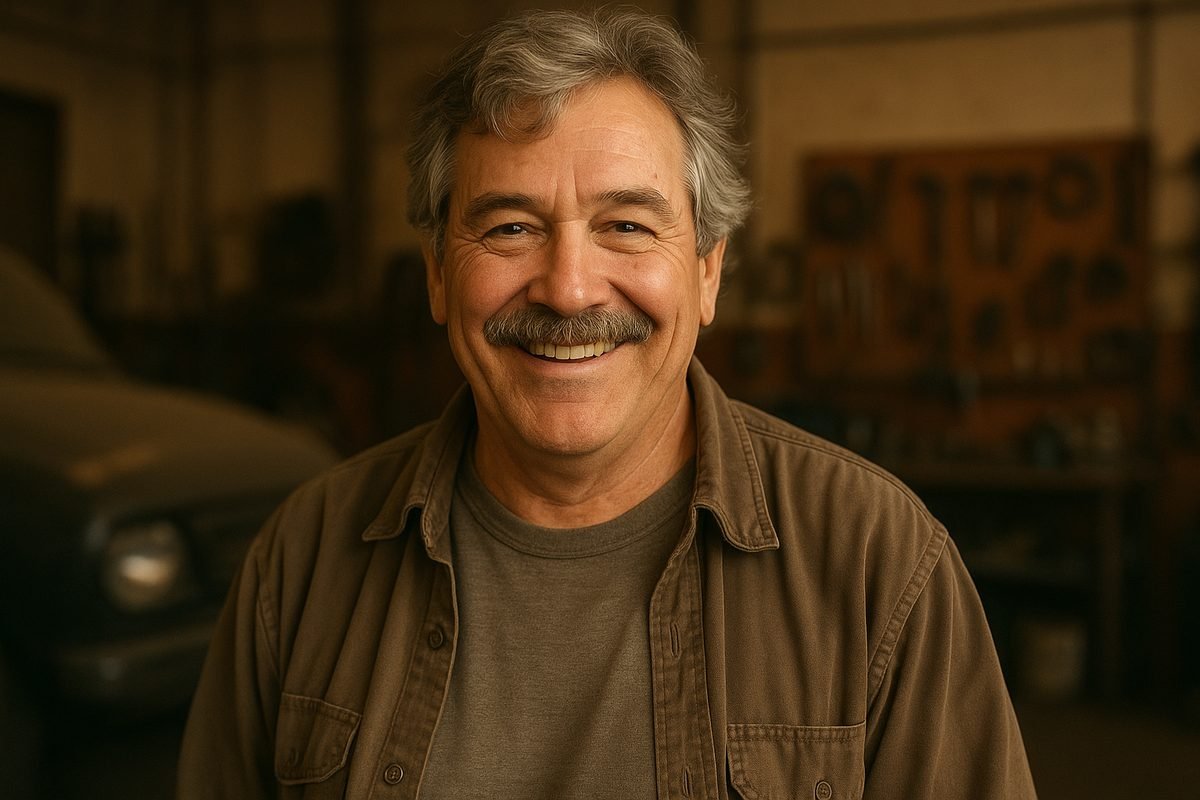Ray Magliozzi: The Heart and Humor of Car Talk

For millions of radio listeners, the infectious laughter and self-deprecating humor of Ray Magliozzi were a weekend staple. As one half of the beloved duo behind NPR’s “Car Talk,” he and his brother Tom turned automotive advice into an art form, creating a show that was as much about life as it was about cars.
Even years after the show stopped producing new episodes, its spirit endures, a testament to the Magliozzi brothers’ unique brand of entertainment. Recently, fans were delighted to hear Ray back on the air, proving that the engine of “Car Talk” still has plenty of life in it.
The Early Years: From Cambridge to MIT
Raymond Francis Magliozzi was born and raised in the vibrant, working-class neighborhood of East Cambridge, Massachusetts. Growing up, he was the quiet younger brother, often watching his older brother, Tom, tinker with and take apart various cars.
This early exposure to mechanics was balanced by a strong academic drive. Both brothers would go on to graduate from the prestigious Massachusetts Institute of Technology (MIT), where Ray earned a degree in Science and Humanities. Before his unexpected career in radio, he spent time as a VISTA volunteer and taught science in Vermont.
The Accidental Radio Stars: The Birth of Car Talk
The journey to radio stardom was anything but planned. It began in 1973 when Ray convinced Tom to open a do-it-yourself auto repair shop called Hacker’s Haven. The business wasn’t a financial success—they often ended up fixing the cars themselves for their clumsy customers—but it was filled with laughter and camaraderie.
Their local reputation led to an invitation in 1977 to be on a panel of mechanics for a show on Boston’s WBUR radio. Tom went alone the first week, but the following week he brought Ray along. From that day forward, “Car Talk” was born, an accidental success story that would soon capture the nation’s heart.
Click and Clack: A Brotherhood of Laughter
On the air, Tom and Ray became “Click and Clack, the Tappet Brothers.” Their on-air dynamic was a masterclass in brotherly chemistry, a mix of witty banter, good-natured ribbing, and Tom’s famously uproarious laugh.
The show was completely unscripted and, as Ray himself would admit, wonderfully unprofessional. This amateurish charm was precisely its appeal. Listeners felt like they were eavesdropping on a hilarious and heartfelt conversation between two genuine people.
More Than Just Cars: A Weekly Dose of Humanity
While car questions were the premise, they were often just a starting point. A query about a strange engine noise could easily pivot into a discussion about a listener’s family, job, or love life. The Magliozzis had a gift for using cars as a vehicle to explore the human condition.
As Ray once noted, the cars themselves were almost secondary. The show was an excuse to discuss everything else in the world, from psychology to economics, all filtered through their unique, humorous lens. They dispelled myths, solved family squabbles, and, once in a while, even gave out some solid automotive advice.
The End of an Era and a Lasting Legacy
“Car Talk” stopped producing new episodes in 2012, and the world lost a great voice of humor and wisdom when Tom Magliozzi passed away in 2014. Yet, the legacy of the show is stronger than ever. Reruns and podcasts continue to attract new generations of listeners.
Ray has continued to share his wit and wisdom through a syndicated column and other projects. Their work fundamentally changed public radio, proving that real, authentic people are far more engaging than polished announcers. They made radio that sounded like the America that listened to it.
The Magliozzi Philosophy: Don’t Drive Like My Brother
At the heart of Ray Magliozzi’s persona is a simple, powerful philosophy: find joy, spread happiness, and don’t take life too seriously. His mission, as he has often said, is to make other people happy.
His advice is as timeless as it is simple: “Laugh when you can, have a good time and enjoy the people around you because you know, it’s a short trip.” It’s a message that resonates far beyond the garage, a reminder to find the humor in the breakdowns and celebrate the journey.
Conclusion: The Engine of Joy
Ray Magliozzi is more than just a radio host; he’s a cultural icon who, along with his brother, created a space for laughter and connection on the airwaves. “Car Talk” was a weekly reminder that even in a world of complex machinery, the most important parts are human.
The show’s enduring appeal lies in this simple truth. It wasn’t just about fixing cars; it was about connecting with people, sharing a laugh, and making the ride a little more enjoyable for everyone. And for that, we can all be grateful.





